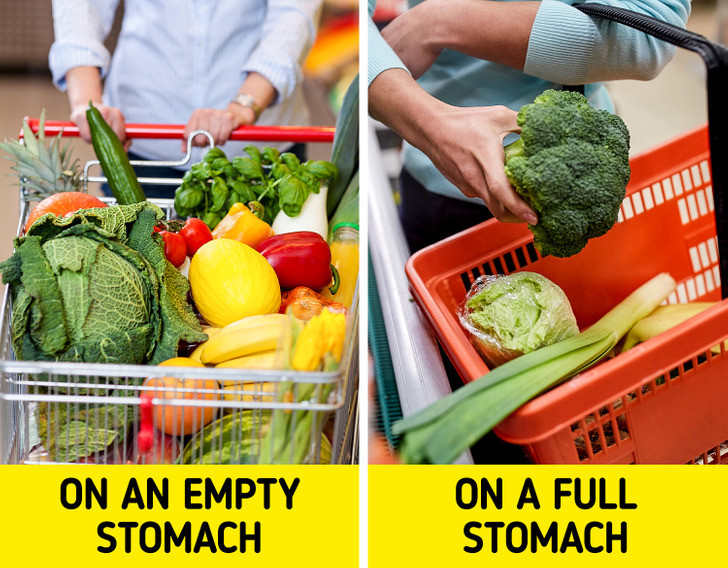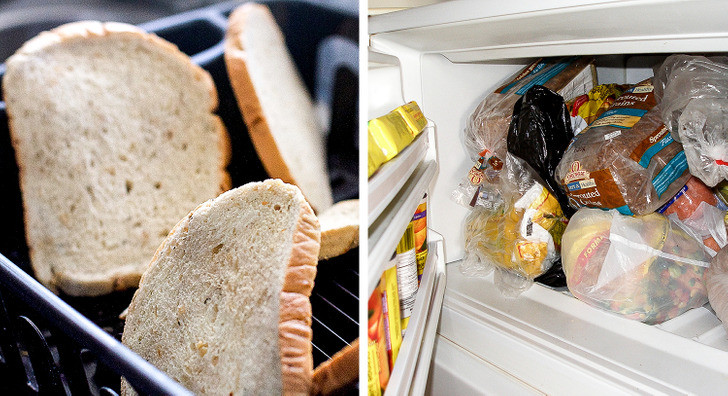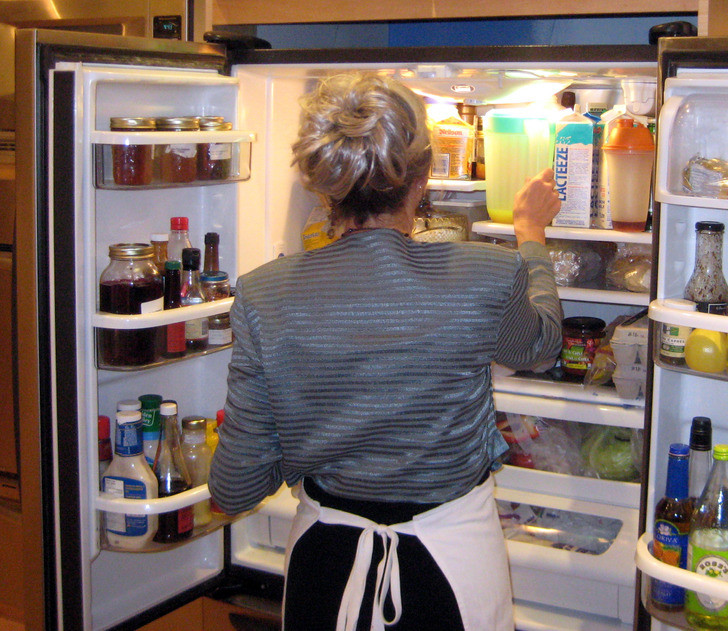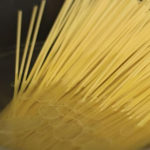1. Avoid Consuming Coffee Before Shopping
A recent study has revealed that consuming caffeine before shopping can significantly impact your spending habits. Individuals who consume coffee before shopping tend to spend more than 50% and purchase approximately 30% more items compared to those who opt for decaf or water. This phenomenon can be attributed to the release of dopamine in the brain, which creates a heightened sense of excitement and impulsiveness during shopping excursions.
2. Schedule Shopping Trips After Meals

When hunger strikes, the tendency to make impulsive and unnecessary purchases is amplified. To mitigate this, it is advised to engage in shopping activities after having a satisfying meal. By doing so, the allure of food items will be less compelling, reducing the likelihood of making regrettable purchases.
3. Utilize Concealed Money Storage
Instead of relying solely on a traditional piggy bank, consider utilizing a safe or money box with multiple compartments for storing small amounts of money. Keeping the money tucked away in a hidden compartment helps to maintain a sense of detachment and discourages frequent thought about the accumulated funds. Commence this savings strategy by setting aside a modest amount, such as a dollar or a few dollars per week, gradually increasing the sum over time. By the end of the year, you would have amassed over $1,300, allowing you to delight your loved ones with a plethora of attractive gifts during the Christmas season.
4. Opt for Cash Payments
Psychologically speaking, individuals tend to spend more when paying with a card. To enhance money management, it is advisable to carry a predetermined amount of cash when embarking on shopping expeditions. This approach fosters a heightened awareness of one’s expenses, providing a clear boundary and preventing overspending beyond the allocated budget.
5. Designate a Specific Shopping Day
Select a specific day of the week when you are typically more relaxed and allocate it as your designated shopping day. Establishing limitations for yourself to prevent splurging all your funds in one outing facilitates better control over your expenses, leading to enhanced savings in the long run.
6. Preserve Bread by Freezing

Commercially acquired bread typically possesses a maximum shelf life of 12 days. On the other hand, homemade bread or bread obtained from a local bakery retains its freshness for approximately 5 to 8 days when stored correctly. If you find yourself unable to consume the entirety of your purchased bread within that timeframe, consider sealing and freezing it. This preservation technique extends the bread’s longevity to 3 to 6 months, negating the need to purchase fresh bread frequently.
7. Increase Water Consumption for Satiety
Incorporating increased water consumption before and during meals can induce a greater feeling of satiety, ultimately aiding in reducing expenditure on food while promoting weight loss. To achieve a weight loss goal of 4 lbs (1.8 kg) in 12 weeks, consuming 500ml of water with each meal is all that is required.
8. Remind Yourself of Online Food Expenses
To curb excessive spending on online food ordering, consider creating a monthly report detailing the amount of money spent. Display this report prominently in a visible area, as a constant reminder of your online food expenses. This mindful acknowledgment can help deter unnecessary spending and motivate more frequent grocery shopping and home cooking.
9. Utilize Existing Supplies Before Shopping

Nurture a habit of refraining from purchasing additional food items if your refrigerator still contains fresh ingredients. Properly plan your meals and utilize all available ingredients before embarking on your next shopping trip. This practice not only reduces waste but also contributes to cost savings.
10. Seek Economical Entertainment Options
Consider indulging in afternoon movie screenings or attending matinee performances for a more cost-effective entertainment experience. Additionally, opt to prepare homemade popcorn, saving on expenses incurred while dining out. Homemade popcorn is also a healthier alternative, containing less fat and fewer calories than its commercial counterparts.
11. Wash Clothes with Cold Water
Utilize the cold water function on your washing machine to reduce water heating costs. Cold-water washing not only helps conserve energy but also prevents clothes from shrinking or fading in color.
12. Embrace Potluck Gatherings
Potluck gatherings offer a dual advantage of saving money while fostering social engagement with friends and neighbors. By encouraging participants to each contribute a dish and beverages, you can enjoy a diverse range of food options while forging meaningful connections and combating culinary monotony.
13. Optimize Water Usage by Utilizing Bathwater
In specific situations, consider repurposing used bathwater by pouring it into the toilet bowl before flushing. This frugal approach helps reduce water consumption and subsequently lowers water bills compared to conventional usage.
Pham Nuong (According to Bright Side)
Tips for Maintaining a Budget Following the Lunar New Year
After a year of hard work, it’s time to reunite with family and friends and celebrate the joyous Tet holiday! But with all the festivities that come along with it, it might be easy to overspend your hard-earned money. To stay within your budget, here are some helpful tips on how to enjoy the season without breaking the bank!





































